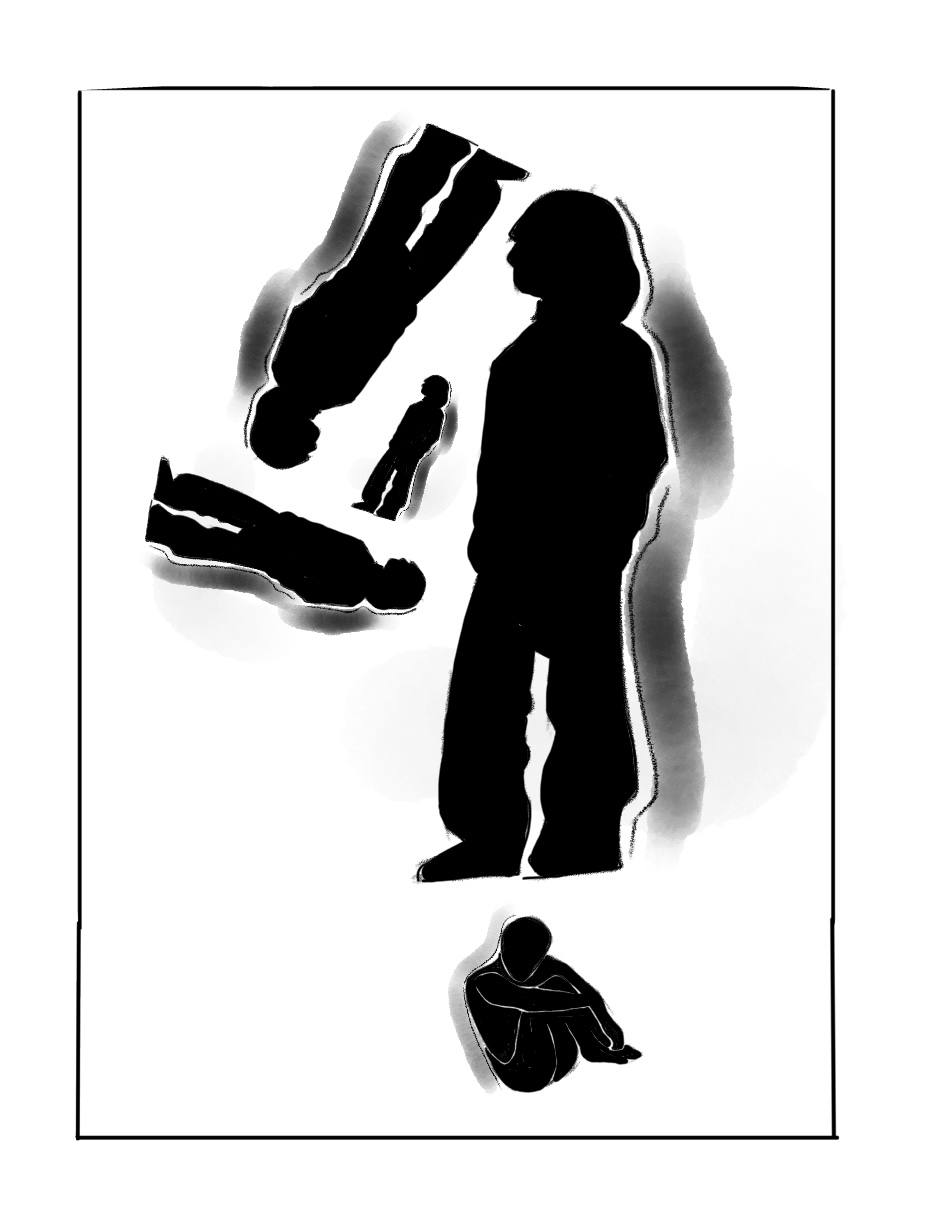For students in their final year, it’s mandatory to think about post-graduation plans. I plan to apply to PhD programs with industry positions as a backup, but after hearing about the less-than-ideal job market and academic funding cuts, I’ve become worried and anxious because I don’t know what to expect in the coming months.
What I’ve described is uncertainty. Uncertainty is a psychological state where we either don’t know what is happening or what will happen next. It is usually associated with the probability of an event occurring. Uncertainty can range from the lighthearted, like live sports, to the more serious, such as the economy or the outcome of an illness. Our natural inclination is to knowingly experience something bad rather than anticipate it potentially happening. One study showed that people who had a 50% chance of receiving electric shock experienced more stress than those with 100% chance of shock.
We don’t understand uncertainty that well, which only intensifies its scary and negative effects. Gaining knowledge about what we’re experiencing can be comforting and equip us with better coping mechanisms.
Why do we hate uncertainty? The answer may lie in our evolution. As hunter-gatherers, we faced immediate dangers to survival, such as predators and starvation. These factors are linked to uncertainty, making us associate uncertainty with threats to our survival and seek patterns to gain control over our environment. When the brain perceives danger, we release stress hormones that cause a fight-or-flight response with physiological signs like increased heart rate and sweaty palms, which you might recognize as anxiety. Anxiety was a response to help us escape the immediate threats of the past. Nowadays, uncertainty is not as immediate, but our brains react the same way, which can reduce our attention spans and working memory.
Some people tolerate uncertainty better than others. Intolerance of uncertainty (IU) is the tendency to react negatively to uncertainty. People with higher IUs spend a lot of time worrying and are indecisive from fear of doing something wrong. Their desire for immediate resolution to uncertainty makes them reliant on certainty-seeking tendencies such as reassurance-seeking and procrastination. High IU is a shared element of several conditions, including generalized anxiety disorder (GAD), obsessive-compulsive disorder (OCD) and autism. People with high IUs may also develop problematic behaviors like workaholism or inaction to cope with feeling powerless.
Perhaps you recognize yourself in what I’ve described. Due to post-graduation uncertainty, I have oscillated between worrying to existential dread and inaction because everything feels so out of my control.
However, uncertainty is not something to avoid. It is not inherently bad or scary; our brains are hardwired to see uncertainty badly and the consequent side effects we experience cause its negative connotation. Taking this perspective helps us view uncertainty objectively and develop the mindset to embrace it, which is critical as uncertainty is the only certainty in life.
Thinking objectively allows us to see uncertainty’s upsides. If we accept that it’s okay to not know everything, we become curious, open-minded and can creatively solve problems. You may even find that uncertainty makes life interesting. Most importantly, embracing uncertainty is good for our mental health as it decreases our IU.
Psychological flexibility helps us embrace uncertainty. This entails staying in the present, taking time to process our feelings and finding a healthy, non-maladaptive path to move forward. Staying in the moment means acknowledging your thoughts and feelings. The demonstration of selflessness, like volunteering and expressing gratitude for the good things in life, keep us grounded in the present and allow for us to be happier.
While processing our feelings, remember that uncertainty and its associated baggage is only temporary. Trust me, that elusive clarity will eventually come. Perhaps you’re a worrier like me and tend to catastrophize with irrational thoughts. Strip their power by framing them as mere passersby, not dictating reality or our future actions.
To maintain your sanity, it’s important to shift focus from uncontrollable societal or external factors, like the current funding situation or job market, to individual or day-to-day actions that you yourself can truly control. If you are scared of the possible outcomes of taking a certain path, think about the worst that would happen—it probably isn’t that bad. In light of uncertainty, confiding in others who often provide advice can give meaningful emotional support. Connecting with others can make us feel less alone in our circumstances, which is liberating in itself.
Many of us are grappling with unusual and trying circumstances, which can be scary. But remember that these tough times will pass, and you are resilient enough to get through this. The key to resilience is welcoming uncertainty with open arms, which is only possible if we first let go of our negative preconceptions surrounding it.


